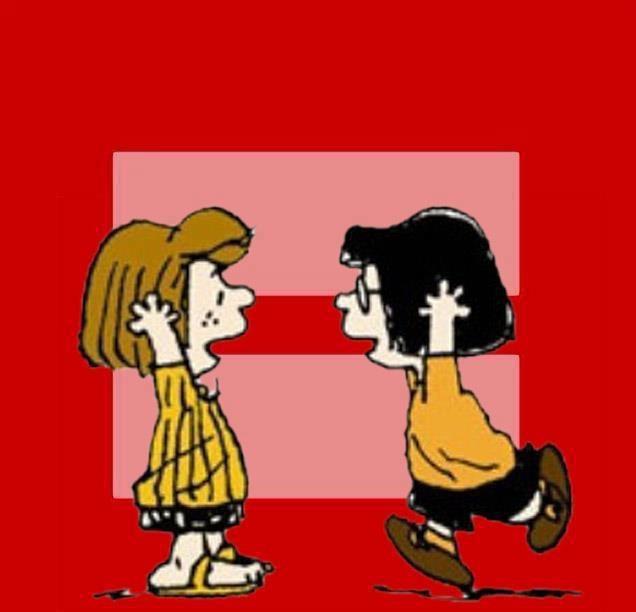Today, the US Supreme Court will hear oral arguments on Obergefell v. Hodges, one of several same-sex marriage cases brought to the Court.
Obergefell v. Hodges requires the Court to answer: “1) Does the Fourteenth Amendment require a state to license a marriage between two people of the same sex? 2) Does the Fourteenth Amendment require a state to recognize a marriage between two people of the same sex when their marriage was lawfully licensed and performed out-of-state?”
The Washington Post has information on the lawyers who will be making the arguments.
SCOTUSblog is liveblogging the oral arguments. Here are some snippets, as reported by SCOTUSBLOG:
[T]here was one interesting exchange between Justice Scalia and two of his more liberal colleagues. Scalia asked whether, if petitioners win, a minister who objects to same sex marriages could refuse to perform a civil same-sex wedding. Bonauto answered yes. Scalia pressed the point though, arguing that he could not understand how a state could permit somebody to hold a license to marry people if that person would not exercise the power consistently with the Constitution. After a little more back-and-forth, Justice Kagan reminded the Court that many rabbis refuse to perform weddings between Jews and gentiles, even though there has long been a prohibition against religious discrimination. Justice Breyer then chimed in and quoted the First Amendment. Ultimately, Justice Scalia seemed satisfied that a minister could refuse to perform those weddings… by Eric Citron 10:44 AM
And this…..
One very interesting aspect of the early argument was that it was primarily a set of questions about what “marriage” means as an institution, and accordingly, whether it is “irrational” or “invidious discrimination” to exclude gays and lesbians. As a consequence, you had some Justices emphasizing the “millennia long” definition of marriage as between a man and a woman, and other Justices — like Ginsburg — emphasizing the relatively new character of egalitarian marriage, now sponsored by the state governments, on which gays and lesbians were seeking to enter. You also had a kind of quirky historical dispute about whether ancient societies with their heterosexual definition of marriage could not be trusted (because they generally discriminated against gays and lesbians), or whether they could be, because they were generally more open to homosexuality outside the marriage context (Alito asked this question about Ancient Greece). There was a parallel line of questioning about whether bans on interracial marriage were as consistent as the “millennia long” definition of marriage as uniting a man and woman. Doctrinally, this all seemed to float somewhere above the bottom line question of whether states were discriminating against gays and lesbians or somehow marking them as less favored members of society… by Eric Citron11:05 AM
So several Justices wanted to know, for example, whether a state could deny recognition to all marriages performed in another state. They were skeptical when the suggestion was that a state might be able to do that…. by krussell12:40 PM
A little surprisingly, Justice Scalia asked tough questions of the State — he wanted to know why the text of the Full Faith and Credit provision did not extend to marriages… by krussell 12:38 PM
This….
A visitor who was in the court room said an elder man started shouting “You’ll all burn in hell.” Scalia joked that it was “refreshing.”
— Sabrina Siddiqui (@SabrinaSiddiqui) April 28, 2015
UPDATE #2: Here are the audios of the arguments….
First question —
PART ONE
Fast forward to the 27:00 mark if you want to hear the “burn in hell” protester and Scalia’s quip afterwards.
PART TWO
Second question —

